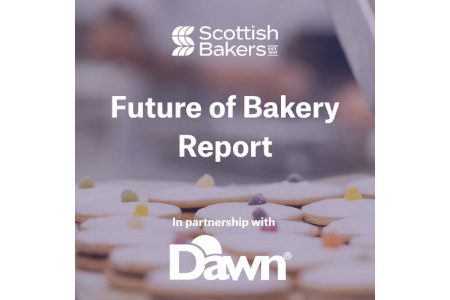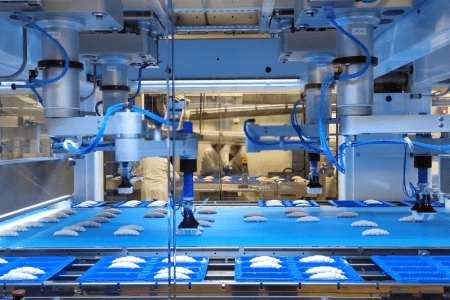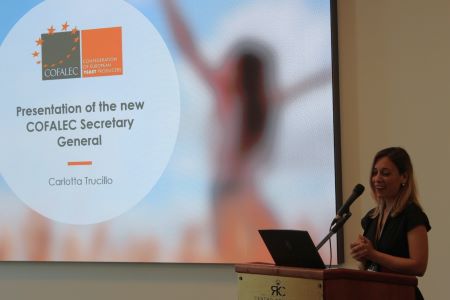A major joint initiative between BASF, Cargill, Procter & Gamble (P&G) and the Deutsche Gesellschaft für Internationale Zusammenarbeit (GIZ) has established a certified coconut oil supply chain to assist farmers in the Philippines and Indonesia.
The move is significant given the fact that such oils are widely used within confectionery and bakery product ranges, with the aim of the scheme to drive improvements in working conditions and production standards.
Commissioned by the German Federal Ministry for Economic Cooperation and Development (BMZ), it has set out to combine the expertise of the partners helps ensure the success of the sustainable certified coconut oil production (SCNO) programme.
The private partners share their understanding of the market mechanisms and trends, while GIZ contributes its expertise in training of farmers and promoting sustainability. Between October 2015 and October 2019, more than 4,100 coconut farmers have been trained in Good Agricultural and processing Practices (GAP) as well as Farm Management practices. About 1,600 farmers received additional training and have been certified against the Rainforest Alliance Sustainable Agriculture Standard. Farmers who were trained and certified, have on average a 47% higher income than farmers who didn’t participate in the programme.
The results show that trained farmers have a higher productivity than non-trained farmers, with certified farmers reaping the biggest benefits. According to an endline survey carried out by an independent provider of market research and consulting services, the joint project has proven that certified coconut oil production is making a difference in farmer’s lives. Certified coconut farmers harvest more and have a productivity which is 26% higher in comparison to non-involved farmers. Coconut oil production levels increase, and developmental benefits are achieved, contributing towards better living conditions for the coconut farmers and their families.
One of the farmers, Natividad Beligolo from Sarangani Province, Philippines, said: “I earned additional income which is a big help to our family to sustain our everyday lives – more food on the plate and education for our children.”






